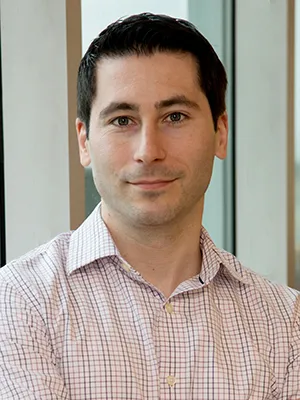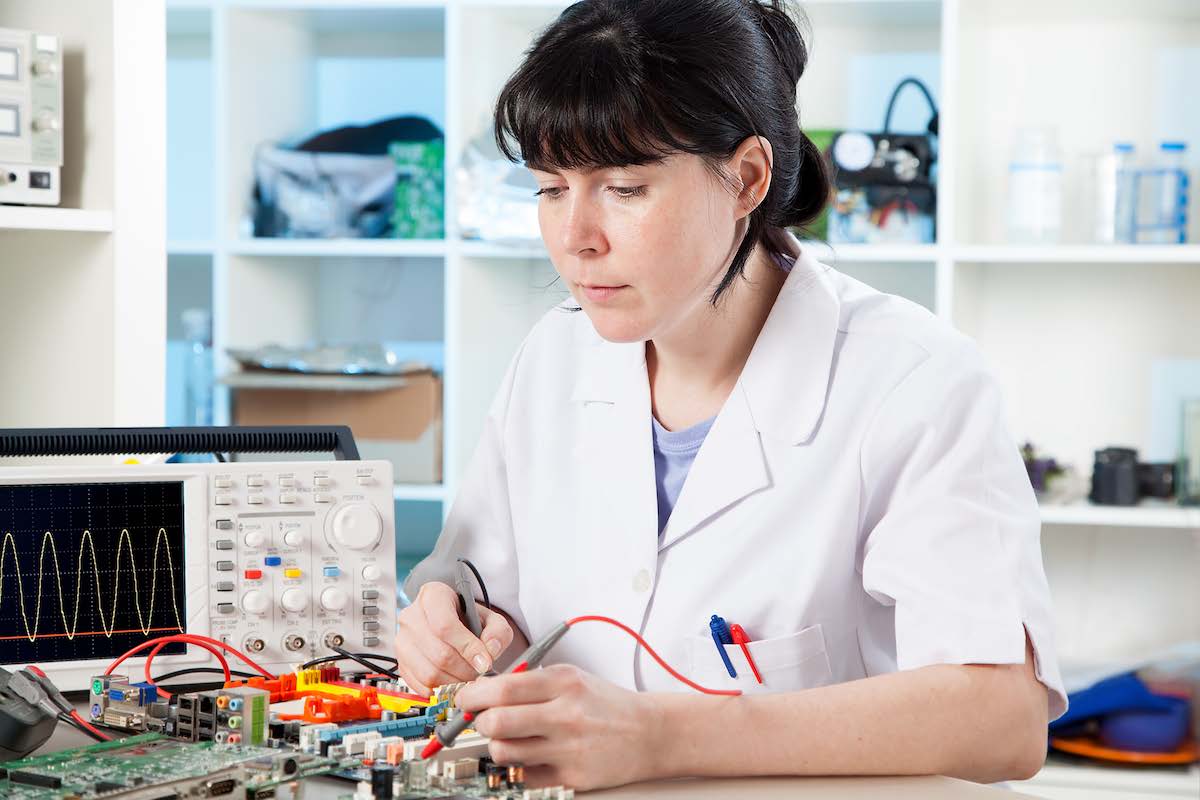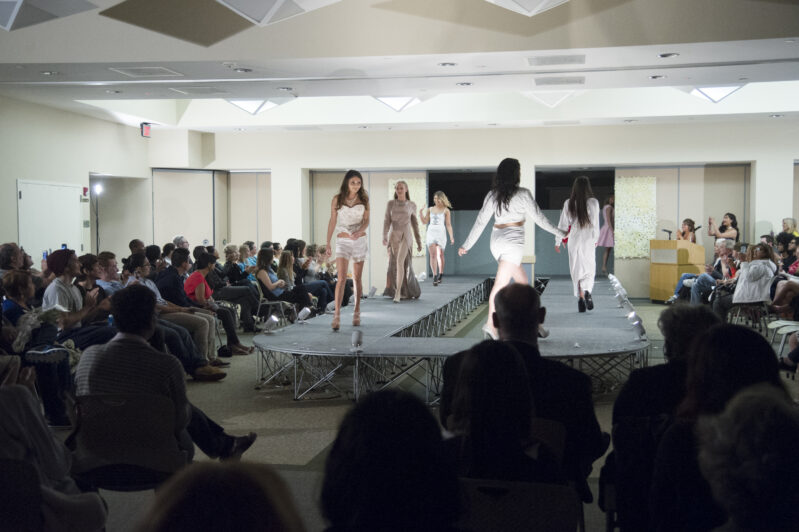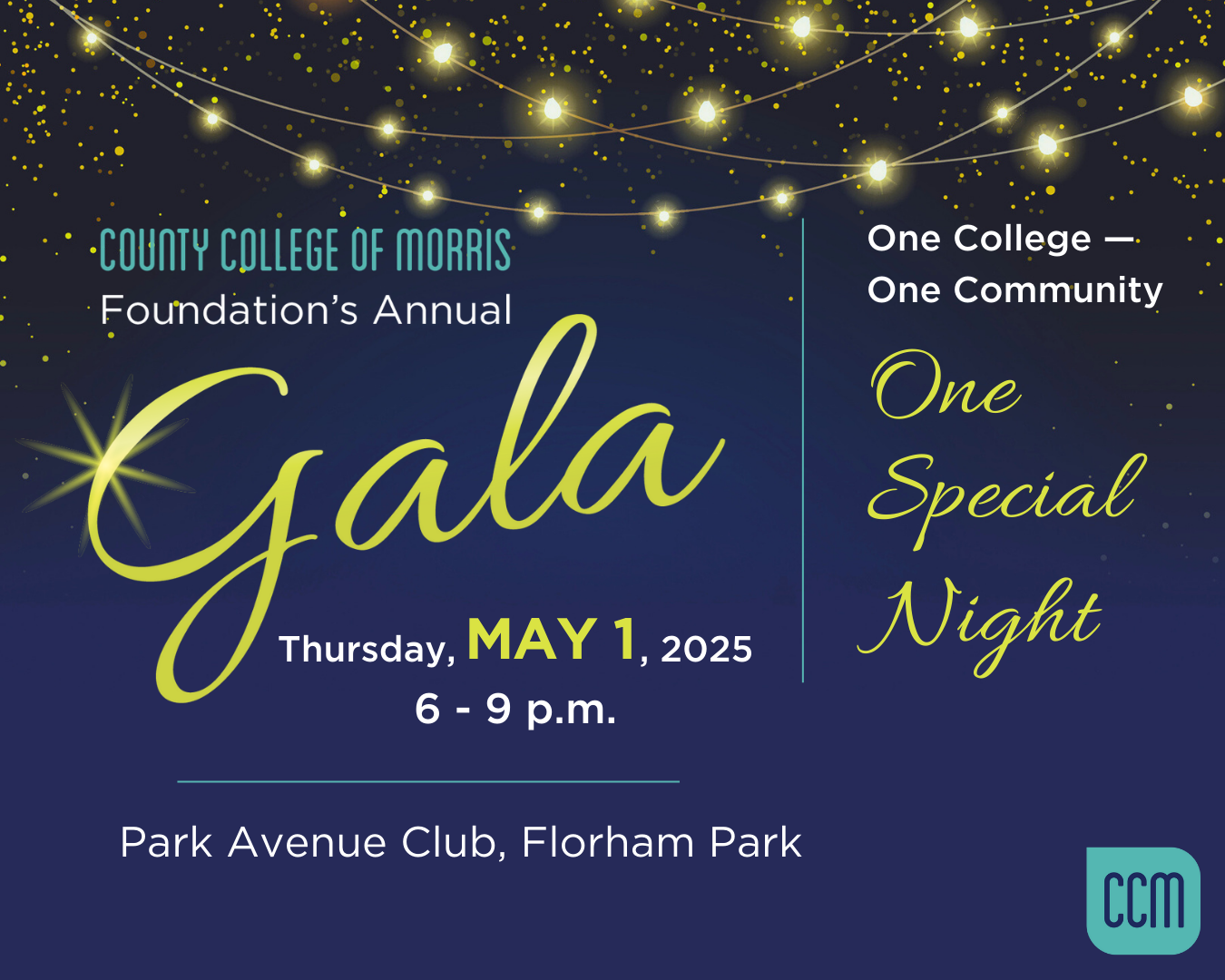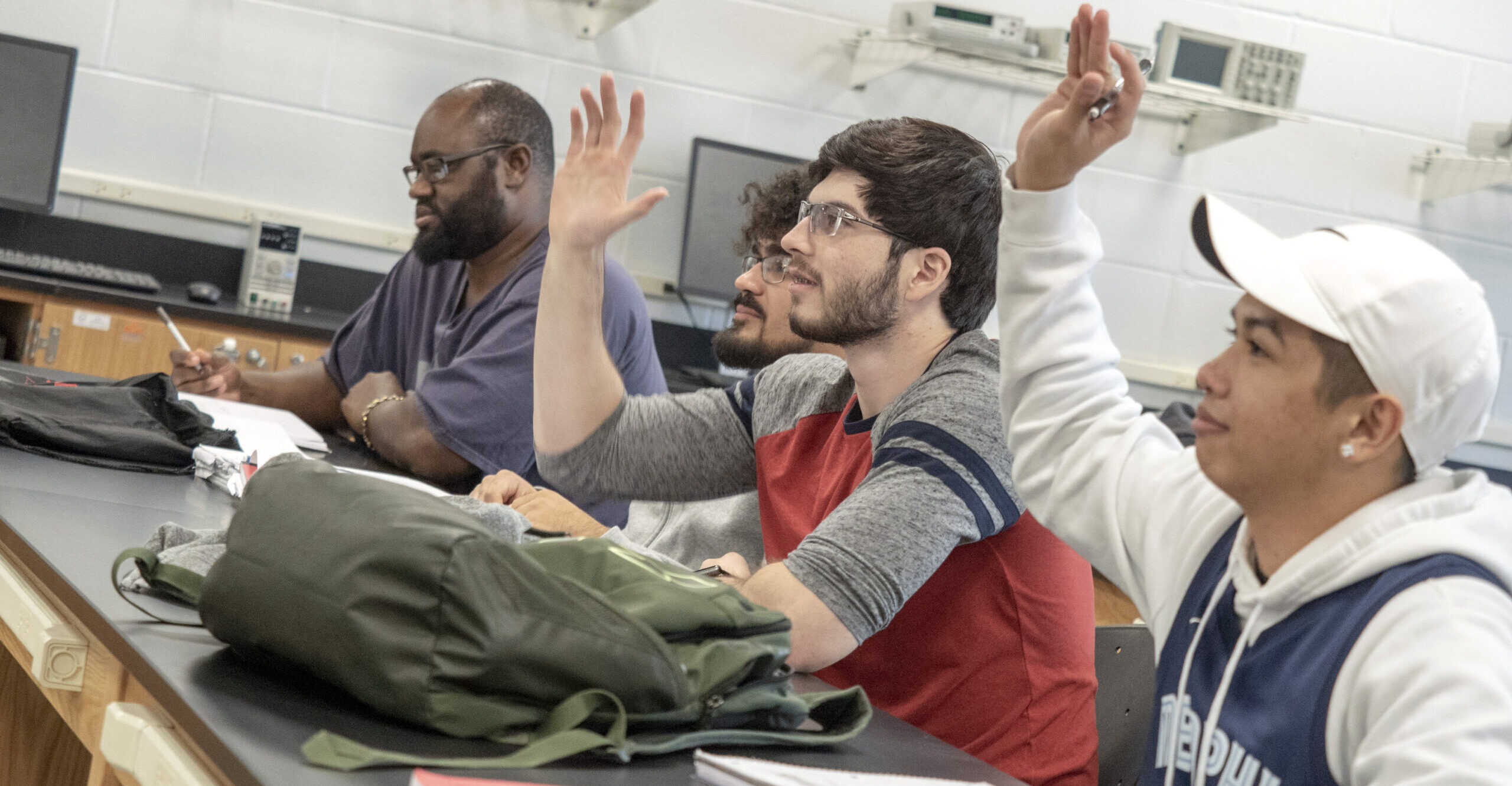What You Will Learn
If you want to help students learn about physical fitness, sports and how to lead a healthy lifestyle, consider being a physical/health educator.
Now more than ever, teachers are in great demand. The job market is expected to grow over the next 10 years by 5% — tens of thousands of job openings in all grade levels, from preschool through high school and every level in between, including special education.
As you pursue your Associate of Science degree at CCM, you can learn the latest methods and acquire the requirements governed by the New Jersey Professional Standards for Teachers. This program is designed for successful transfer to a four-year college or university leading to certification for teaching.
Curriculum
A 32-credit general education foundation and a 28-credit teacher education physical education core includes courses such as Introduction to Exercise Science, Personal and Family Nutrition, Kinesiology, First Aid and Emergency Care, Exercise Physiology, and Exercise Measurement and Prescription. The addition of a three-course series – two courses in education and one course in psychology – prepares your aptitude for the field of teaching. First-hand experience and active participation in diverse and inclusive classroom settings through 20 hours of classroom observation rounds out your program at CCM.
Careers in the Field
Completing the Teacher Education in Physical/Health Education program at CCM provides the opportunity to immediately become a:
- Paraprofessional
- Substitute Teacher
Graduating from CCM with an associate degree is the first step to becoming a teacher. Transferring to a four-year college or university and successfully completing a bachelor’s degree program is the next step.
CCM has transfer or articulation agreements with the following public colleges and universities in New Jersey to aid in a seamless process:
- Centenary University
- Kean University
- Montclair State University
- New Jersey City University
- New Jersey Institute of Technology
- Ramapo College
- Stockton University
- Rowan University
- Rutgers University
- Saint Elizabeth University
- The College of New Jersey
- Thomas Edison State University
- University of Medicine and Dentistry
- William Paterson University
Why Study Teacher Education in Physical/Health Educationat CCM?
- Earn 60 college credits to start a certified career path to become a teacher
- Engage in a curriculum that is grounded in scientific principles and practical application for maintaining health through fitness and nutrition, training and performance, rehabilitation, and wellness
- Use your field in health, fitness and sports to embark on a life-long career path greatly impacting the lives of children to lead a healthier lifestyle enjoying movement and activity
- The popularity of studying a physical fitness program can open additional doors to employment opportunities
- The outstanding instruction at CCM with experiential learning prepares you for advanced study and a child-related career in a constantly evolving world
- Highly skilled faculty are trained in the latest methods for teaching grades K-12 with the highest quality standards governed by the State
- Three-course curriculum and a program that blends academic and professional preparation and meets New Jersey’s Professional Standards for Teachers
Paying For Your Teaching Education
Earning your associate degree at CCM and becoming a teacher is an investment that will pay off over the course of your life, in both increased earnings and job satisfaction. But what is the upfront cost, and how do you afford it? Our Financial Aid staff can provide lots of information about the process of finding funds to help pay for your education.
Featured Courses
Behavior Observation in Education
Approximately 30 hours of field classroom observation and weekly seminars in which fellow aspiring teachers learn to apply the teaching methods they learn.
Kinesiology
This course emphasizes the analysis of the principles of movement through human anatomical design. Major joints of the body, their actions and the muscles that do those actions are stressed. Application to physical exercise is stressed in lab work on strength, endurance, and potential motion of major joints.
Exercise Physiology
This course includes the study of human responses and adaptations to exercise of varying levels of stress and intensity. Major topics include bioenergetics, the physiology of the circulatory, respiratory, muscular, and nervous systems as they apply to exercise, and the underlying physiological basis of fitness. Laboratory experiences illustrate practical application of theoretical content with hands-on experiences to measure and apply what is learned in the lecture component of the course.
Your Teacher Education – Physical/Health Education Faculty Advisor
Associate Professor
